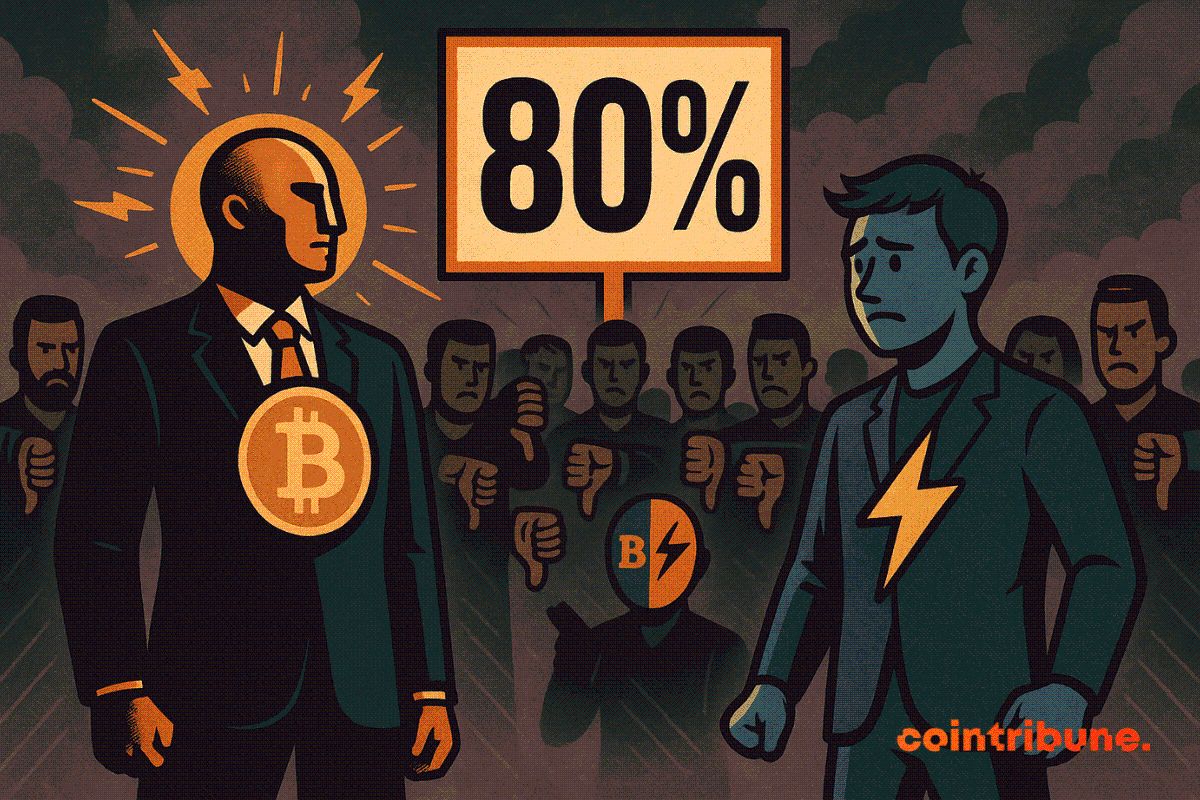Trump Urges GOP to Act Swiftly to End Government Shutdown
- Trump demands Republicans end government shutdown swiftly.
- Blames Democrats for delaying ‘clean’ funding proposals.
- US GDP loses $15 billion weekly during shutdown.
Republicans, led by President Trump, propose short debates to end the government shutdown, attributing delays to Democrats. Trump’s administration stresses an America First approach, highlighting budget priorities and economic impacts of the ongoing closure.
Trump has urged Republicans to bypass lengthy debates and swiftly pass measures to end the government shutdown, underscoring the administration’s ‘America First’ agenda. The ongoing shutdown has garnered blame directed primarily at Democratic leaders.
The shutdown’s significance lies in its impact on the US economy, with GDP suffering significant weekly losses. It also highlights the political deadlock between Trump’s administration and Democratic leaders.
The administration has emphasized the need for prompt action, with President Donald Trump and Vice President JD Vance calling for the elimination of lengthy congressional debates. Their focus remains on an ‘America First’ approach, criticizing what they describe as unnecessary spending. The statement, released via official channels, reiterates priorities such as securing borders and reducing non-essential expenditures.
President Donald J. Trump and Vice President JD Vance have drawn a sharp line: government should serve Americans first. That means securing the border, defending the homeland, strengthening wages, and investing in infrastructure. It does not mean funneling taxpayer money to illegal immigrants or bloated agencies that exist to enforce woke ideology.
Trump and Vance, as primary figures in this initiative, have drawn a firm line. Democrats Chuck Schumer and Hakeem Jeffries are cited for allegedly obstructing passing ‘clean’ funding versions, using the shutdown for leverage.
The shutdown contributes to a reported $15 billion GDP loss weekly, with repercussions for various sectors. Despite the emphasis on broader macroeconomic effects, no specific crypto market impacts were detected. The government centers its focus on minimizing prolonged federal disruptions and economic drain.
Amidst the shutdown, financial and social disruptions include stagnant governmental functions and halted financial processes. Though crypto market leaders have not directly commented, macroeconomic patterns may indirectly influence digital asset sentiment, yet no explicit regulatory guidance exists within this context.
No federal guidance directly addresses cryptocurrencies or blockchain implications during the shutdown. Historically, economic uncertainty has indirectly affected crypto markets. However, no official government data connects this with current digital asset dynamics, remaining focused on general economic impacts.
Disclaimer: The content of this article solely reflects the author's opinion and does not represent the platform in any capacity. This article is not intended to serve as a reference for making investment decisions.
You may also like
AI-Blockchain Leaders Falter While Presale Pioneers Transform the Investment Scene
- AI-blockchain convergence drives high-return investments via AI analytics, tokenized assets, and scalable infrastructure, attracting retail/institutional capital. - C3.ai faces 50%+ stock decline and $116M losses, exploring strategic options after founder's departure, with potential buyers including defense/enterprise giants. - SoundHound AI reports 68% YoY revenue growth to $42M, leveraging voice-first tech and enterprise automation to narrow losses and target 2026 breakeven. - Presale projects like IPO

U.S.-India Trade Agreement Strikes a Balance Between Strategic Interests and Energy Relations
- U.S. and India near trade deal to cut tariffs (15-16%) and reduce India's Russian oil imports, easing tensions. - Agreement aims to boost bilateral trade to $500B by 2030 while addressing U.S. concerns over India's Russian energy ties. - India seeks WTO-compliant steel/aluminum export terms, balancing U.S. strategic goals with its energy security priorities. - Deal could inject $250-350B liquidity globally, weakening the dollar and boosting crypto markets like Bitcoin .

Is the Lightning Network Losing Steam? The Numbers Raise Questions

Luxren Capital Review 2025: Is This Broker Worth Your Trust, Time, and Money?